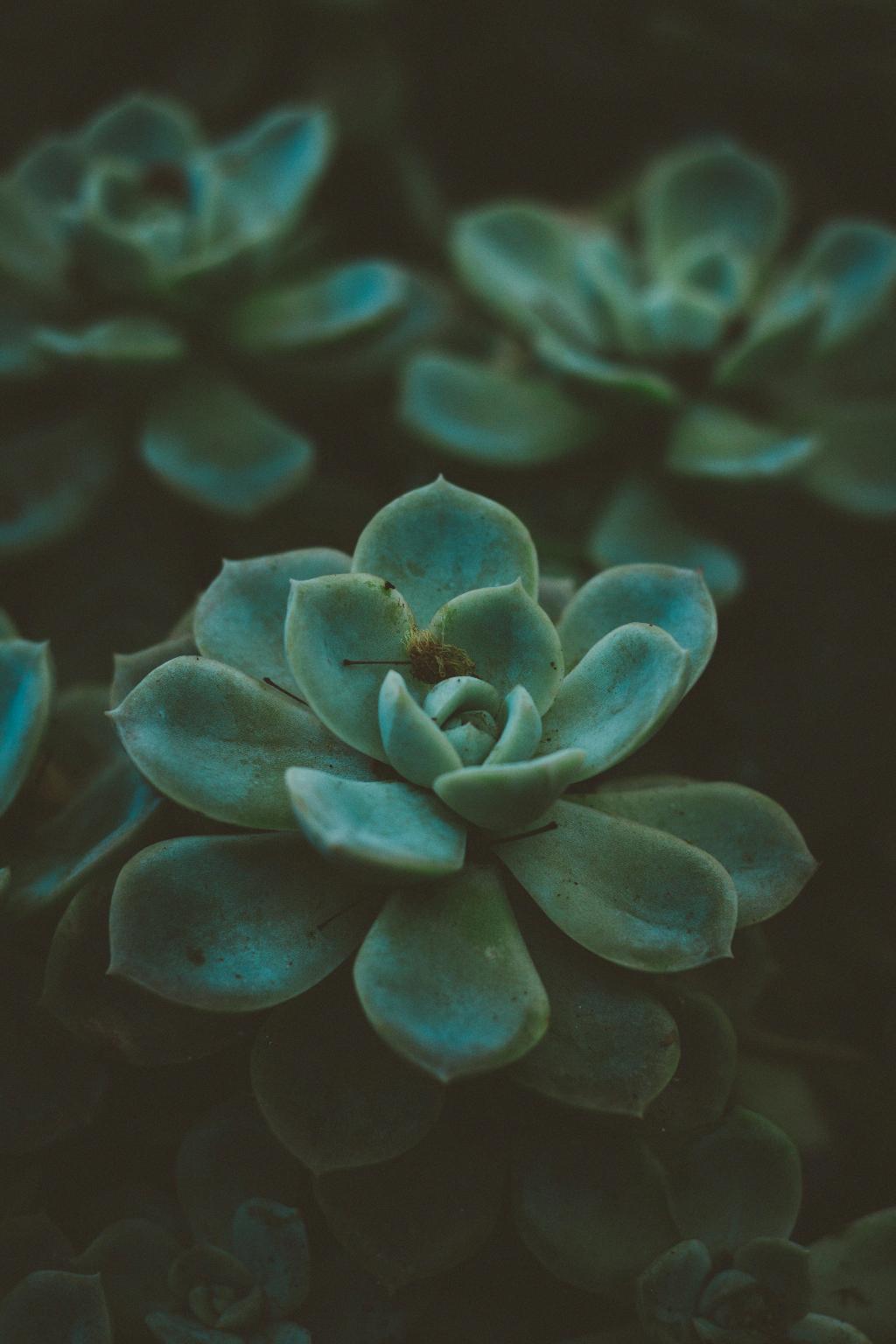When it comes to caring for your beloved potted succulents, proper fertilization plays a crucial role in ensuring their health and vibrancy. One of the key methods to fertilize succulents effectively is by providing them with a light feeding of manure tea, diluted fish emulsion, or an all-purpose granulated fertilizer. These options contain essential nutrients that can help your succulents grow lush and lovely, enhancing their overall appearance.
It is important to be mindful of the concentration of liquid fertilizers when feeding your succulents. To prevent root damage, always dilute concentrated liquid fertilizers by mixing them half-and-half with water before application. This precaution is essential for maintaining the health of your succulents and ensuring they receive the nutrients they need without being overwhelmed by the fertilizer’s strength.
When considering the timing of fertilizing your succulents, it is recommended to do so during their active growing season. For most succulents, this growth period typically occurs in the spring and summer months. By fertilizing your succulents during their peak growing season, you can support their growth and development, helping them thrive and flourish in their environment.
Another crucial aspect to keep in mind when fertilizing succulents is the frequency of feeding. While it is important to provide your succulents with the necessary nutrients, over-fertilizing can be harmful. As a general guideline, aim to fertilize your succulents once every few weeks during their active growth period. Monitoring the condition of your plants and adjusting the feeding schedule accordingly can help prevent nutrient deficiencies or excesses.
Choosing the right type of fertilizer for your succulents is key to promoting their well-being. Manure tea, fish emulsion, and all-purpose granulated fertilizers are popular options that provide a balanced mix of nutrients essential for succulent growth. Each of these fertilizers offers unique benefits and can be tailored to meet the specific needs of your plants, ensuring they receive the proper nourishment to thrive.
When applying fertilizer to your succulents, it is essential to follow the recommended dosage instructions provided on the product packaging. Avoid applying excessive amounts of fertilizer, as this can lead to nutrient imbalances and potentially harm your plants. By following the specified guidelines for application, you can ensure that your succulents receive the appropriate nutrients in a safe and controlled manner.
Understanding the nutritional requirements of succulents can help you make informed decisions when fertilizing your plants. Succulents have distinct nutrient needs compared to other types of plants, requiring a balanced combination of essential nutrients such as nitrogen, phosphorus, and potassium. By selecting a fertilizer that meets these specific requirements, you can support the healthy growth and development of your succulents.
One effective method for fertilizing succulents is by using manure tea, a natural fertilizer that provides a rich source of organic nutrients. Manure tea can be easily prepared by soaking aged manure in water to create a nutrient-rich liquid fertilizer that is beneficial for succulents. This natural fertilization method offers a sustainable and eco-friendly approach to nourishing your plants while promoting their overall health and vitality.
For succulent enthusiasts seeking a convenient and effective fertilization option, diluted fish emulsion can serve as a valuable solution. Fish emulsion is a fertilizer emulsion derived from the remains of processed fish, offering a concentrated source of nutrients that can benefit succulents. By diluting fish emulsion with water before application, you can provide your succulents with a nutrient boost that supports their growth and enhances their resilience.
When choosing an all-purpose granulated fertilizer for your succulents, opt for a well-balanced formula that contains essential nutrients such as nitrogen, phosphorus, and potassium. Granulated fertilizers provide a convenient and easy-to-use option for nourishing your succulents, offering a gradual release of nutrients over time. By selecting a high-quality granulated fertilizer, you can ensure that your succulents receive the vital nutrients they need for optimal growth and vitality.
In conclusion, fertilizing succulents is a fundamental aspect of their care routine that can significantly impact their health and appearance. By selecting the right type of fertilizer, following proper application guidelines, and monitoring your plants’ nutrient needs, you can support the growth and well-being of your succulents effectively. Whether using manure tea, fish emulsion, or all-purpose granulated fertilizers, providing your succulents with the essential nutrients they require will help them thrive and flourish in your garden or indoor space.

